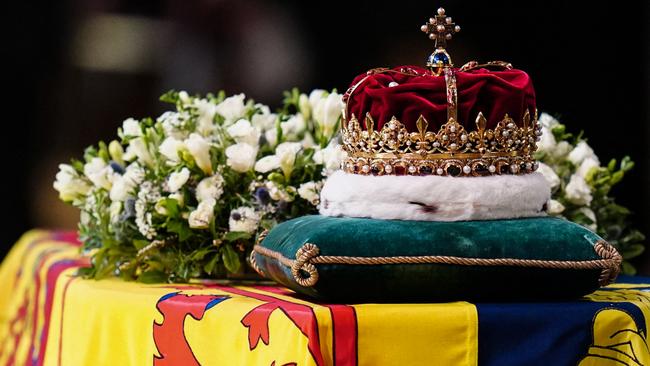
When the formalities were over, the new knights and dames, most excellent commanders of the British Empire, noble lords and such were invited, glasses of champagne in hand, to wander the state rooms at Buckingham Palace for an informal tour of the art and fixtures.
As the actor stood gazing at one particular piece of English art, he was suddenly aware of a diminutive presence at his shoulder, and turned to find her majesty also admiring the work.
“It is lovely, isn’t it?” she said.
“Yes. Very much,” he replied. (Whatever he might have thought, this was evidently not the moment to contest the monarch’s powers of artistic discernment.)
“I’ve said to my husband, if they ever throw us out of here, that’s the one I’m going to take down and carry off with us.”
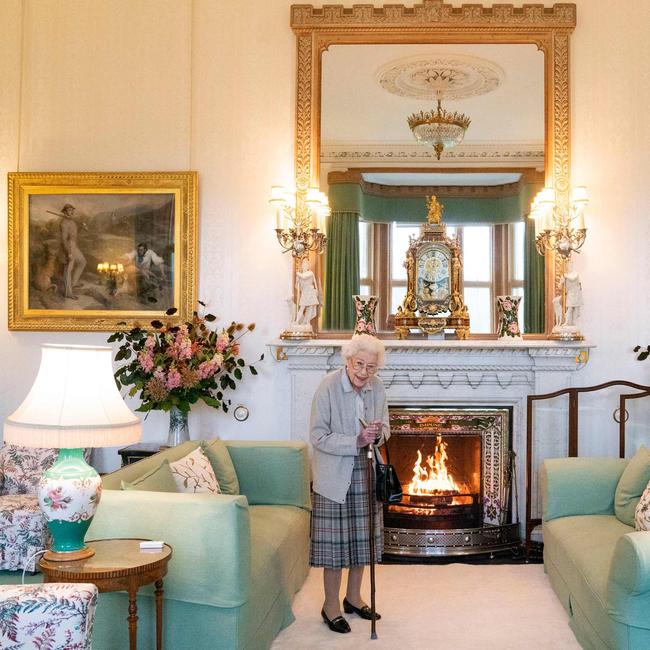
It was a deliciously mischievous observation, an unexpected glimpse of queenly self-awareness, a gentle, ironic nod to the turbulent history of her own family – more than one of whom had been unceremoniously evicted from their palaces and castles – but also just the smallest hint of a lingering recognition at the back of the monarchical mind of the always fickle nature of politics.
Of course there was never much of a chance that they, whoever “they” might be, were going to throw Elizabeth II out of any of her palaces – though the anecdote is given added poignancy by the fact that her late husband had the experience of being kicked out of his royal home (in Greece) by a revolutionary crowd.
As many obituaries have noted, Elizabeth earned, and over 70 extraordinary years steadily burnished, a place in the hearts of her people to the point that at her death, even the dwindling band of British republicans were reduced to dabbing moist eyes at the news.
On perhaps only one occasion – that weirdly out-of-national-character moment of emotional incontinence that gripped the British public following the death of Diana, princess of Wales – was there any genuinely threatening surge of anti-royalist feeling, and it was quickly doused by a just-in-time set of savvy public-relations exercises.
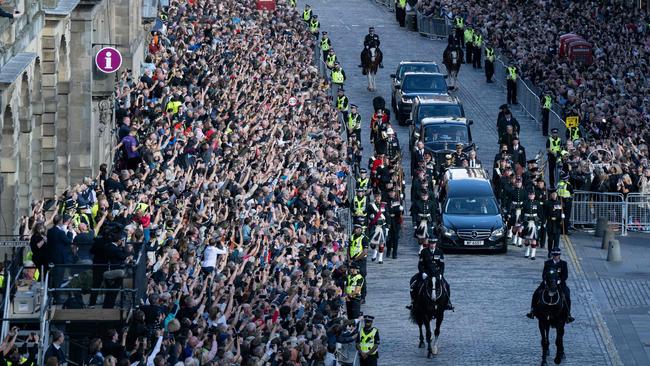
The main significance of the queen’s death is this: The end of the country’s longest reign demands from the British and their leaders – and perhaps even the rest of us – a fundamental reappraisal of the role of monarchy in the 21st century.
For seven decades the British people have never needed to think too deeply about the purpose of the monarchy, because they never really needed to while the queen reigned.
Elizabeth was not simply the monarch. She was the monarchy. She did the job so well for so long, proved so adept at navigating the balance of legitimacies that derive from the interaction of continuity and change, that she became the institution itself. Her genius in adapting her role to a nation transforming during her reign beyond recognition, while at the same time upholding the relevance of the institution that most tangibly links the British with their long history was an act of statesmanship unrivalled in the modern era.
Over time, person and institution fused so tightly that the meaning and functions of the crown came to be understood by whatever Elizabeth did.
This offers a sense of the uncharted landscape in which Britain now finds itself. It is not to say that Charles III is inevitably doomed to fail in the wake of his mother’s greatness – though there is cause for disquiet. It is devoutly to be wished that now that he is king he will, as he promises, restrain himself from continuing to express the predictable progressive nostrums that emanated from his princely mouth for decades.
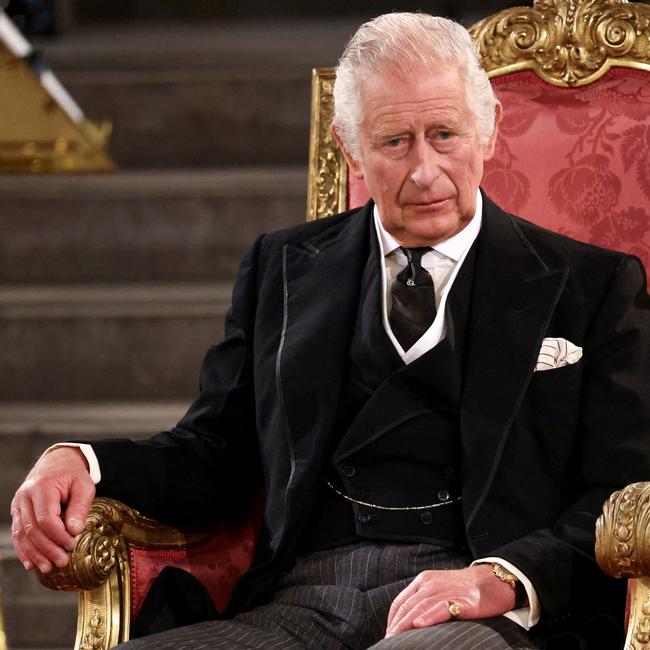
The signs aren’t encouraging. As recently as three months ago – when it was already obvious that his accession was imminent – he was widely reported to have expressed (not very private) dismay at the immigration policies of the democratically elected Conservative government.
The larger challenge is more complex than simply avoiding controversy. It won’t be enough for Charles to try to emulate his mother. He wouldn’t be able to. How many men change their views, behaviour, outlook and ambitions at 73?
The king and his advisers need to redefine the monarchy to renew its relevance: The spate of Commonwealth countries becoming republics is a sign that loyal subjects elsewhere are already rethinking the modern monarchy.
Back home a few changes could start right away: downsizing the vastly extended apparatus of family members, courtiers, pointless aristocrats and titled irrelevancies; curtailing the endless soap-opera antics of ill-disciplined royals; introducing a little more transparency and accountability.
Elizabeth’s remarkable legacy is to have left the monarchy as one of the very few major institutions in public life still trusted by the people. But she was wise enough to know that trust can be squandered more quickly than it is earned. When that happens, the monarch and his family may be left with only whatever fine art they can grab for compensation.
The Wall Street Journal



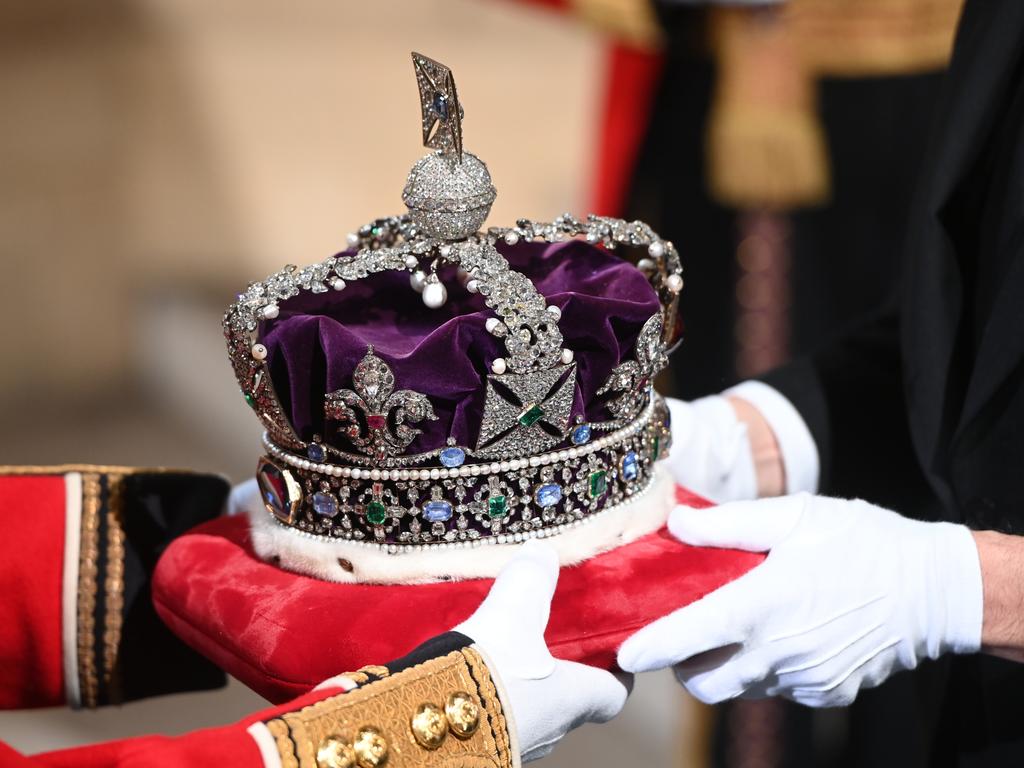
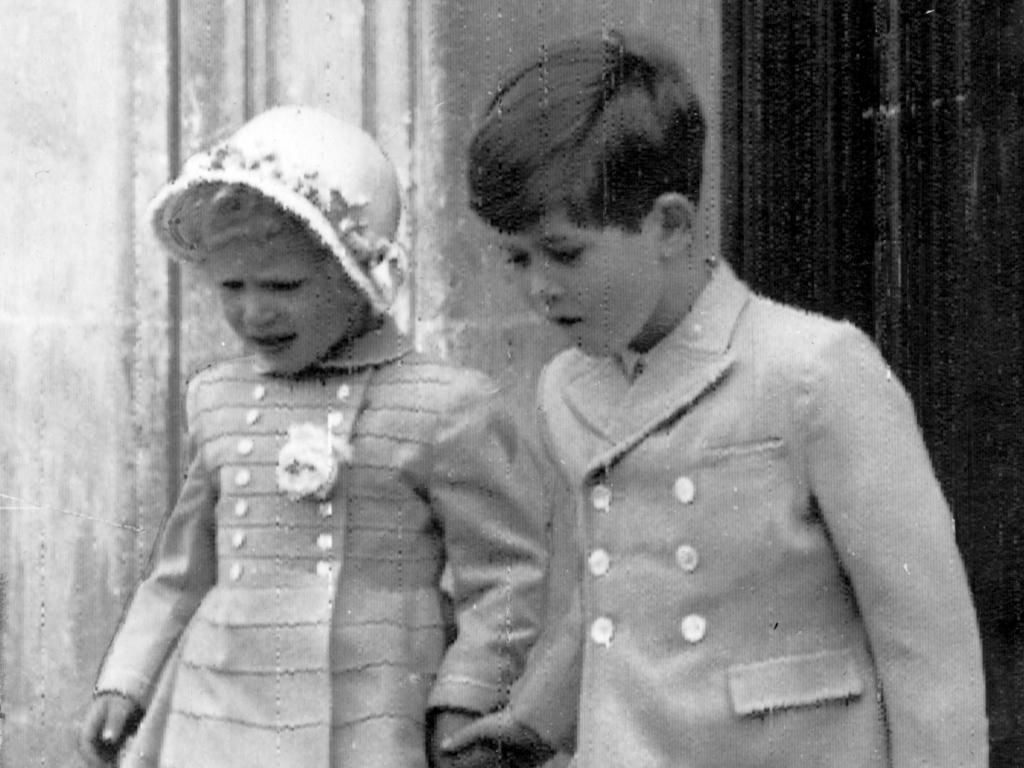



In addition to her many well-attested stately qualities, Queen Elizabeth II had a famously impish sense of humour. In the days since her death, stories of her subtle playfulness have been legion. My favourite was told to me a few years ago by a prominent actor about the day she conferred a knighthood on him.